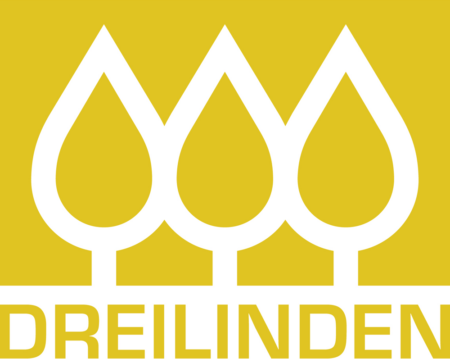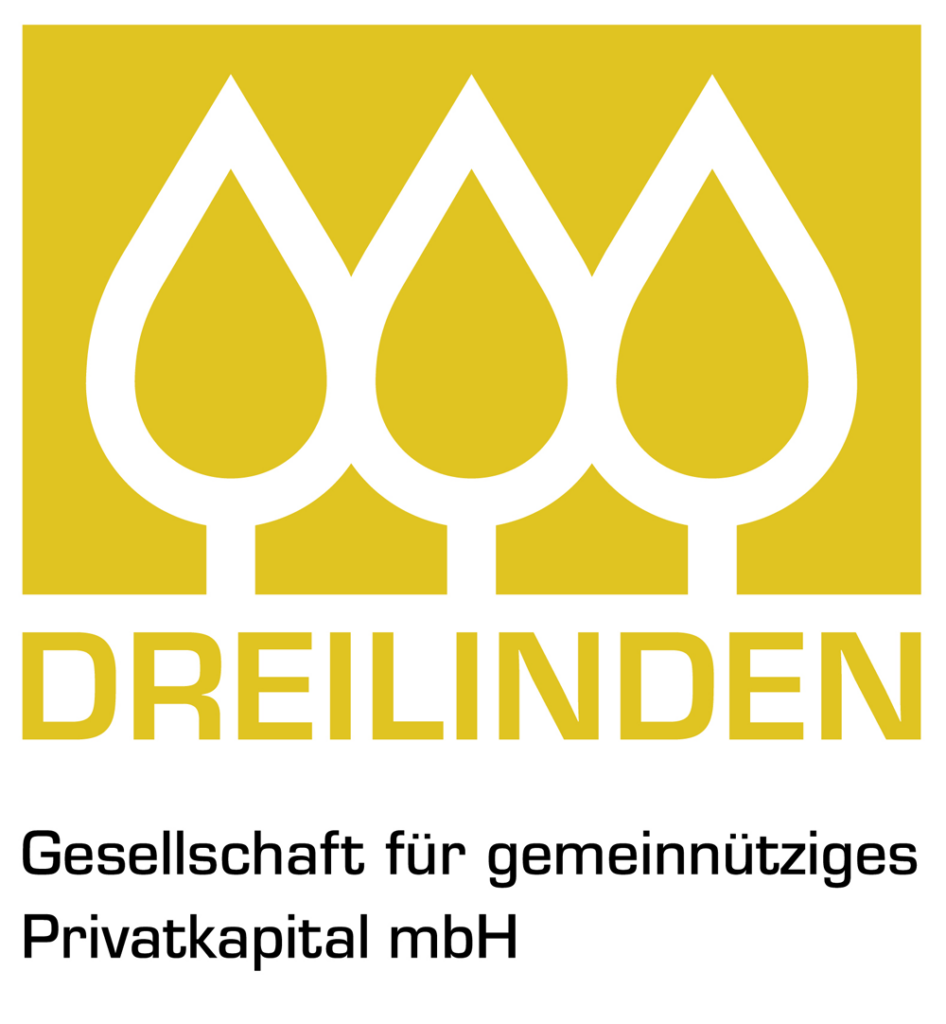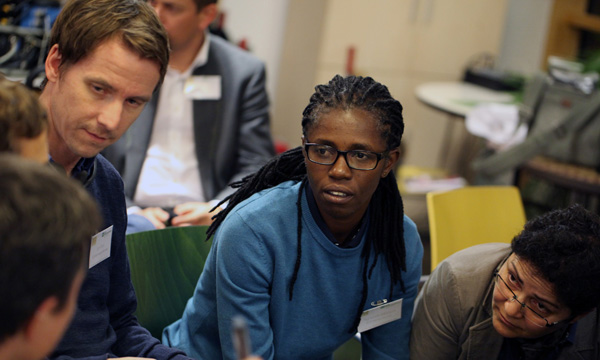The demand of this year’s conference is clear: Queer* kids exist and their needs must be included in development cooperation. Unlike in previous years, the 8th conference rainbow philanthropy followed up on the topic of the year before. In 2015, thefoundation was laid – in 2016,work was to begin.
Lesbian activist Shadi Amin opened the conference and told the audience about her childhood in Iran. She related her suffering from being different, and the urge to hide her identity, illustrating the psychological strain on queer children.
Obviously, not much has changed in the past 40 years. „All of a sudden, every discussion stopped as soon as the word ‚gay‘ came up“, described Coenraad de Beer of SOS Children’s Village International his impressions of various network meetings in the Global South and East. „Talking about LGBTIQ is often seen as either recruiting people for being gay, or promoting being gay“ explained Safari A. from Kenya. Although the queer community is sharing experiences they have not talked about or with LGBTIQ children. Yet, especially the youngest need someone to rely on. Safari grew up in a SOS children’s village. There was nobody she was able to talk about her sexual orientation. When coming out to her SOS mother, Safari’s closest person, her mother did not talk to her some time. „She just didn’t know what to say“. Safari considers it essential to not only support queer children but also their mothers. In her opinion, there will be no change if the carers are not backed up. De Beer added that iNGOs themselves needed endorsement from global initiatives and governments. „The support differs from country to country“, Jens Wagner of the German Ministry of Foreign Affairs stated. A lot of things happened behind closed doors without official statements, he said. All three pointed out two important steps: „First, local civil society has to be empowered. This is the only way to counter the public opinion that LGBTIQ is only an Western affair. Second, we have to put it straight that LGBTIQ is also a children’s topic.“
In the subsequent workshops, all participants – children’s rights organisations, foundations, national and international NGOs as well as interested individuals – prepared solutions on how to address different aspects of the topic. The team ‚LGBTIQ children from a family perspective‘ delved into the reality of queer kids and the challenges they face. In addition to exclusion and bullying, inter* and trans* children run the risk of mutilation due to ‚cosmetic‘ surgeries or do not get the required medical care. Education of parents, caregivers and medical staff, as well as increased visibility of LGBTIQ children would improve the situation significantly.
Analyzing the readiness of their institutions, the next workshop compiled various approaches how to best integrate staff into the mainstreaming process: Careful monitoring, trainings, webinars and clear management guidelines were some of the ideas. Utilizing experiences gained from gender or HIV mainstreaming could help the process as much as learning from bad or harmful practices. A concrete handout, created interorganisationally, would make it easier for inexperienced organizations to approach the topic.
Action is also required when working with local and implementing partners like municipal administrations, civil society organizations or caregivers. The group ‚Awareness Raising‘ discussed how a combination of top-down and bottom-up methods would best sensitize external partners. The motto „initiated from below, promoted from above“ found widespread support. Depending on country laws and social situations, approaches would require great caution to protect children and caregivers. Popular role models or greater media presence could point out the needs of queer children. Another suggestion was to link the topic with gender programmes, or safeguarding programmes such as violence prevention. In addition, all participants agreed on the importance of exchanging directly with LGBTIQ children and their caregivers.
There was strong consensus across all workshops that more research has to be carried out. Sharing resources as well as collecting and disseminating good and bad practices would make the next steps easier. To ensure as much exchange as possible, the attendees intend to collaborate closely. Thus, the audience responded strongly to the initial wish of Ise Bosch, the conference’s initiator and founder of Dreilinden gGmbH: „Exchange on what is being done, what can be done and how to be more strategic. If you start looking at something you start to see and when you see you also need to act.“
Instantly, several concrete decisions were made: Dreilinden will publish an issue paper containing the workshops‘ results. An international mailing list will be set up for all people interested to keep on working on this subject. Upcoming network meetings will take place in Berlin and London in spring 2017. And the Keeping Children Safe Coalition will embark on a first piece of research: they will carry out a poll to analyze insitutional readiness within their network. If you want to take part in the survey please contact sarah.blakemore@keepingchildrensafe.org.uk. For further information and subscribing to the mailing list, please contact e.hilgarth@dreilinden.org.
But the very immediate next step of the participants will be to carry results and experiences of the conference to their working and private environment. As Safari A. claimed: „We need to mention that LGBTIQ children exist. We need to make others aware that support is crucial for children.“
Eva-Maria Hilgarth
p.p. Dreilinden gGmbH
*Queer describes humans living outside the heteronormativity and is used within this context as synonyme for lesbians, gays, bisexuals, trans*, inter* or queer living people (LGBTIQ)


